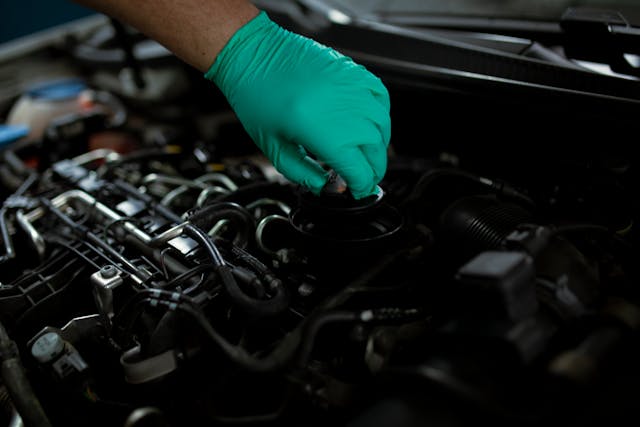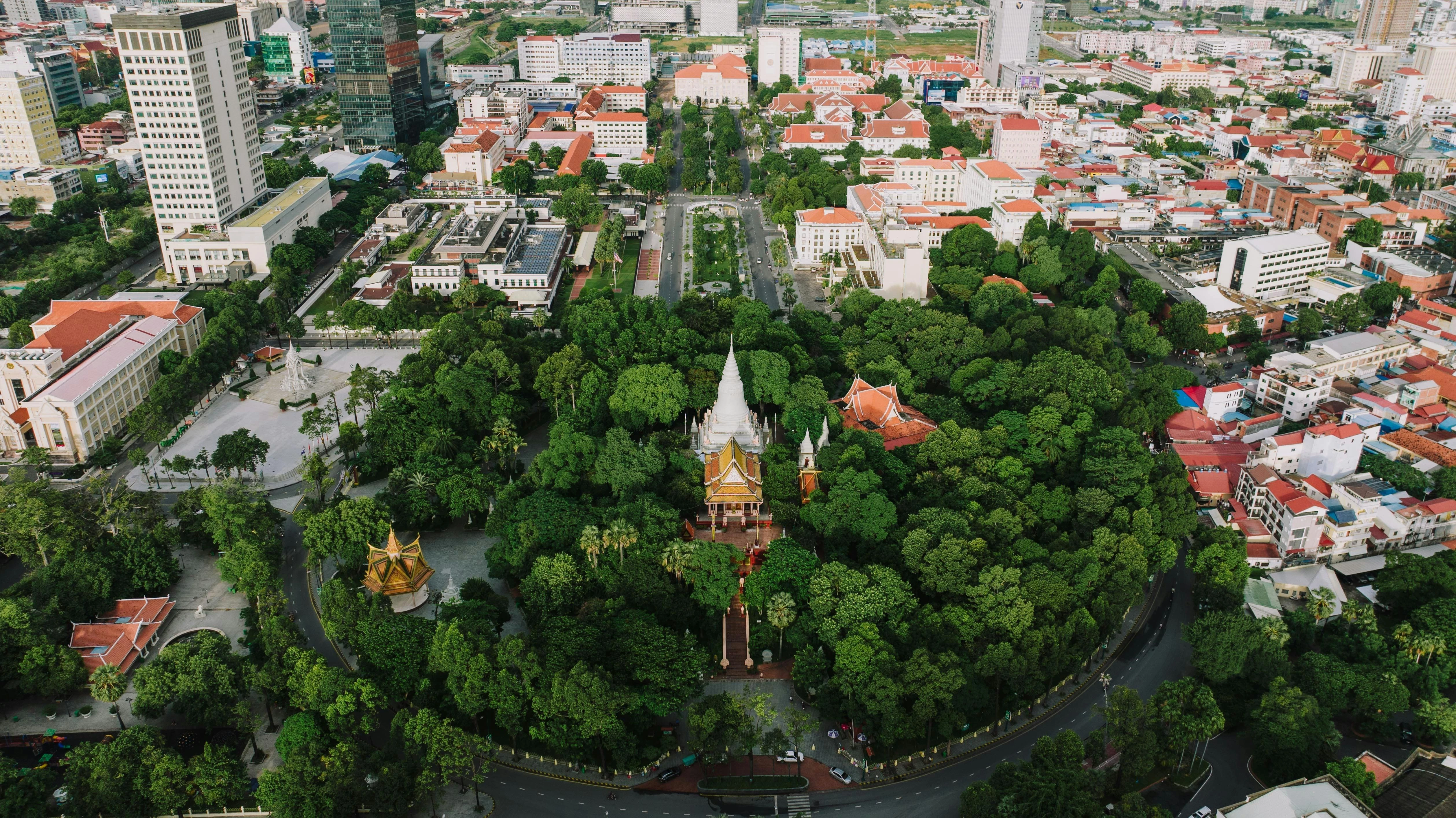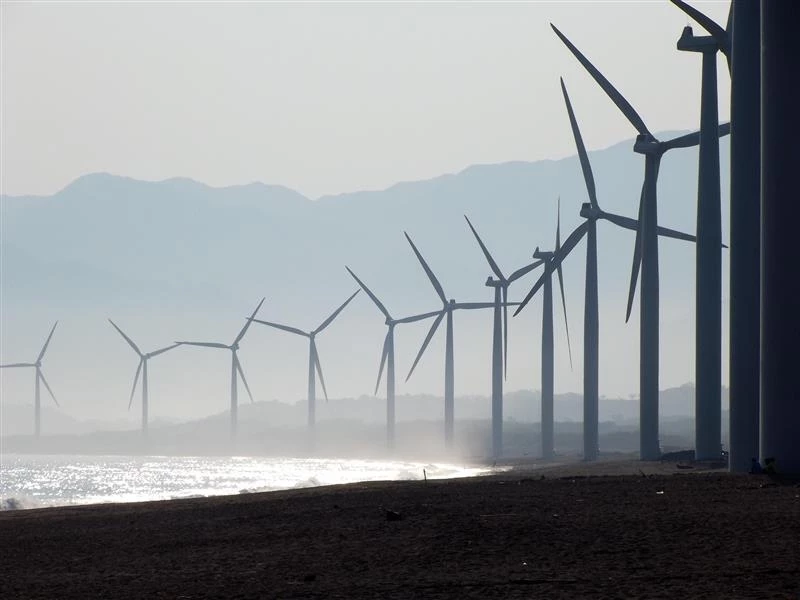Vietnam is still imposing high taxes and fees in the country's automotive market despite of strong growth in the passenger vehicle market. The policy aims to protect the local passenger vehicle industry as well as to reduce pollution and congestion problems.
To purchase a passenger vehicle, Vietnamese customers must pay three type of taxes and five different fees leading to a price hike in passenger vehicles in Vietnam when compared to neighboring countries such as Thailand and Indonesia. As import tariffs drop and congestion rises, further taxes and fees might be considered as a means to generate revenue and limit the number of cars on the road.
Car owners will have to pay about 10 kinds of fees to put their cars into circulation, These include the ownership registration fee (10-15%), number plate granting fee, vehicle registration fee (VND 240,000-560,000), technical safety assurance certification fee (VND 50,000-100,000), fuel consumption testing fee, emission testing fee, energy labeling certification fee, and others.
Since July 2016, a special consumption tax has been enforced for vehicles with engines below 2.0l by lowering the consumption tax from 45% to 40%. Meanwhile, larger vehicles are given higher costs as tax is increased to 55- 150% solely to accommodate the big engine size. Low consumption tax will drive sales of affordable small vehicles in the middle-class segment of 1,0l - 2,0l. The tax adjustments are aimed at promoting the use of small passenger vehicles, as those with small engine capacity have lower fuel consumption in an effort to lessen the impact on CO2 emissions.
Reduced tax through ASEAN FTAs
Through Vietnam commitments in FTAs among ASEAN members, the imports from ASEAN countries, including Thailand and Indonesia, don't bear import tax any more. Meanwhile, the imports from non-ASEAN sources, covering Europe, the US, India, and Japan, still bear the tax. Moreover, the car prices in Vietnam are considered to be one of the highest in the world due to various kinds of taxes and fees. The taxes and fees are estimated to make up over 50% of the total prices.
Despite tariff cut on imports from ASEAN which has been cut to 0%, the selling prices still have not decreased as expected by consumers. Car owners have been advised of another kind of tax – asset tax. The Ministry of Finance has proposed a tax of 0.3% or 0.4% on cars valued at around VND1.5 billion.
Rapidly growing auto market
According to the Vietnam Automobile Manufacturers Association, Vietnam's total automobile sales expanded 21% on-year to 154,273 units in the first half of 2019. Sales of passenger cars increased by 34.6% to 113,155 units, while commercial vehicles including trucks and buses dropped by 1.5% to 38,071 and special-purpose vehicles plunged by 32% to 3,047 units. There are around 27,520 automobiles were sold in the Vietnamese market in June alone, increasing 0,1% from the previous month and 19% from the same month last year.
To meet the increasing demand, between January and June 2019, the country approximately spent US$ 3.7 billion to import completely-built automobiles and components for assembly, seeing a year-on-year surge of 7.9%. Specifically, Vietnam imported 77,795 completely-built automobiles worth over US$ 1.7 billion, 532.4% and 424.8% increase in volume and value respectively, according to the Ministry of Industry and Trade.







